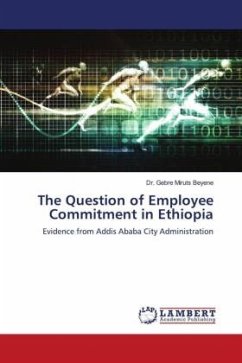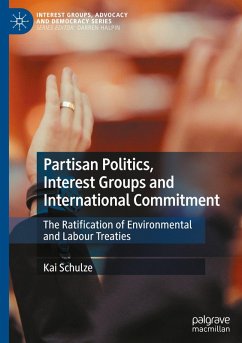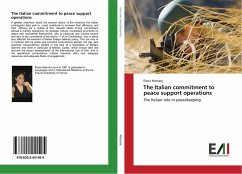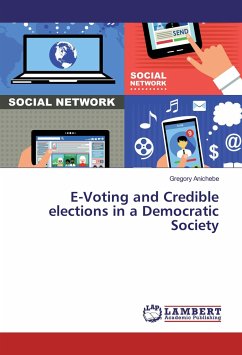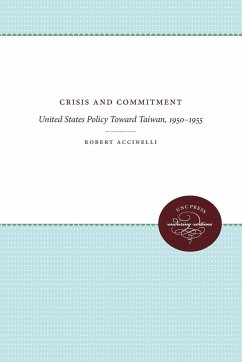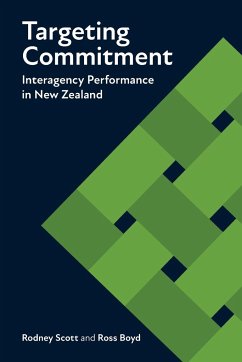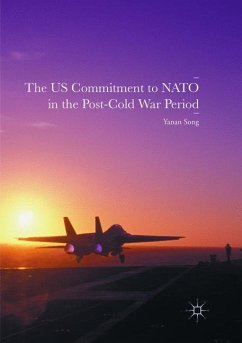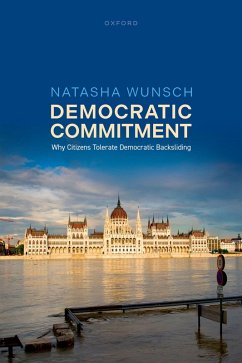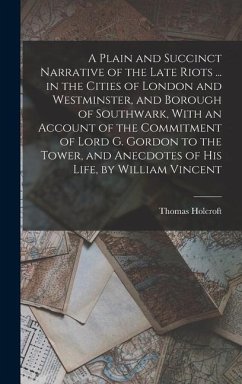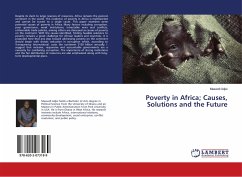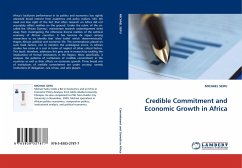
Credible Commitment and Economic Growth in Africa
Versandkostenfrei!
Versandfertig in 6-10 Tagen
52,99 €
inkl. MwSt.

PAYBACK Punkte
26 °P sammeln!
Africa s lacklustre performance in its politics and economics has rightly attracted broad interest from academics and policy makers. Still, We need not lose sight of the fact that often research on Africa did not accurately reflect realities on the ground. Under the rubric of the so-called the African Dummy , mainstream research ondevelopment shied away from investigating the otherwise diverse realities of the political economy of African countries. It has become de riguer among researchers to try identify that silver bullet which deterministically shapes African political and economic life. T...
Africa s lacklustre performance in its politics and economics has rightly attracted broad interest from academics and policy makers. Still, We need not lose sight of the fact that often research on Africa did not accurately reflect realities on the ground. Under the rubric of the so-called the African Dummy , mainstream research ondevelopment shied away from investigating the otherwise diverse realities of the political economy of African countries. It has become de riguer among researchers to try identify that silver bullet which deterministically shapes African political and economic life. The overemphasis placed on such fixed factors, not to mention the ontological errors, in African studies has come at a cost in terms of neglect of other critical factors. This book, therefore, addresses this grey area in research by tackling the implications of formal institutions in the Region. More specifically, it analyses the patterns of institutions of credible commitment in the countries as well as their effects on economic growth. Three broad sets of institutions of credible commitment are under scrutiny; namely institutions of delegation, rule of law, and veto players.



